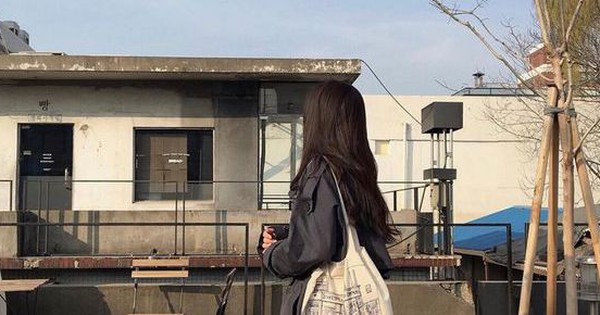Covid-19 has changed the consumption habits of Chinese people towards more savings and living in RVs (mobile garages) is one of them.
Statistics from China’s online video platform, the two keywords RV and RV travel have been viewed a total of 20 billion times. The total number of RVs (Recreational Vehicles) registered in 2020 in China is nearly 16,000 units, an increase of 28% compared to the previous year, many times higher than the country’s economic growth rate last year. there.
For many people, RVs are not just a means of transportation, but an expanded concept of “home” – a testament to a new way of life.
Actor Ma Shui, 32 years old, switched to “trailer” in March 2021, it was caused by high rent in Beijing. Every month he had to spend 4,500 yuan, but there were times when he went to film for a whole month, the house was rarely used, on the other hand, the house was about to expire. “I’m faced with the choice, if I renew it, I will have to pay the rent useless if I don’t stay in the coming months,” he said.
While hesitating, the landlord announced an increase of 300 yuan. This price is not high in Beijing, but it pushed Ma Shui to decide to buy a 100,000 yuan tourist car

Actor Ma Shui and the RV have a living area of 11 square meters. Image: Sina
Inexperienced, at first, he often parked his car on the side of the road. There are rainy nights, the sound of rain hitting the ceiling of the car, causing noise that makes Ma Shui unable to sleep. In addition, RV mainly relies on solar energy to generate electricity, but he often goes to Hengdian to film, where the rainy season is very long, there are times when the sun can’t be seen for a week, so he has to find a charging station.
After more than three months in the car, Ma Shui finally got used to the 11 square meter space. Every morning when he wakes up, he makes a cup of coffee and fried two eggs. As for bathing and exercise, he bought a gym pass near the parking lot, the price of 117 yuan a month can solve both needs.
His daily life also became richer than before. When not filming, he drives around with friends. “In the past, when I rented a house, I didn’t interact with my neighbors. When I lived in an RV, parked in the parking lot, I had many friends from many parts of the world, many different professions. There were nights when we were together. chat for 4-5 hours and the topics are always fresh,” he shared.
From the day he lived in the car, he spent an average of 3,900 yuan per month. This figure is much more economical, but for Ma this is only one aspect. He records his life on RV and posts it online, so far has more than half a million followers, every month besides his work as an actor, he also gets another 30,000 yuan from these videos.
Up to now, Ma Shui has completely adapted to life in the car. Although the film and television industry has been affected by the epidemic, the number of filming contracts has decreased significantly, but the luck of living in a mobile home has cultivated his ability to live, helping the actor from Qingdao to not worry about the future. Not long ago, he got married and still chooses this form of life.
Compared with Ma Shui’s careful calculation, the decision of Wang Limin, director of a video production company in Shanghai, seems spontaneous. After returning from a business trip to the country in early March this year, Wang received news that the urban area he lived in was blocked. Instead of going home to quarantine for 14 days, he chose to rent an RV to live.
The car Wang rented was a large one, with three beds, which could sleep five people, and cost 1,000 yuan per day. “People rent RVs to travel, but I use it to get through the 14-day lockdown,” he said.
The first time living in the RV was quite difficult for Wang. Every morning when I open my eyes, I have to face a series of questions: How far are you driving today? Is there a gas station on the road? Does the vehicle hit the height limit bar? Is there any parking on the street? Is there a place to get water and charge? Where will the vehicle’s wastewater discharge…? The ability to store electricity and water is the biggest worry of RV users. Even if you expand the water tank, install a solar battery system, it is difficult to live for a long time if it falls into adverse conditions.
“Finding parking in the city was quite difficult at first. I ended up staying in a friend’s RV camp,” said the man from Chongqing, who settled in Shanghai.

Wang Limin in the RV used to get through the 14-day blockade. Image: Sina
Other than that, he was quite happy. Wang prepared a scented candle to add romance to life in the car. “One flower, one world, one person and one RV day by day,” Wang clamored in one video.
After more than half a month, Wang’s urban area was lifted from the blockade. His RV days were also over. He roughly calculated that he had spent 20,000 yuan to rent a car, along with many other expenses.
Liked by Wang’s experience, many people have asked him if he should live in a mobile home. The man advised people not to be impulsive. “Rent for a few days, see if you can stand it, then decide,” he says.
Bao Nhien (According to Sina/ Ifeng)
at Blogtuan.info – Source: vnexpress.net – Read the original article here



